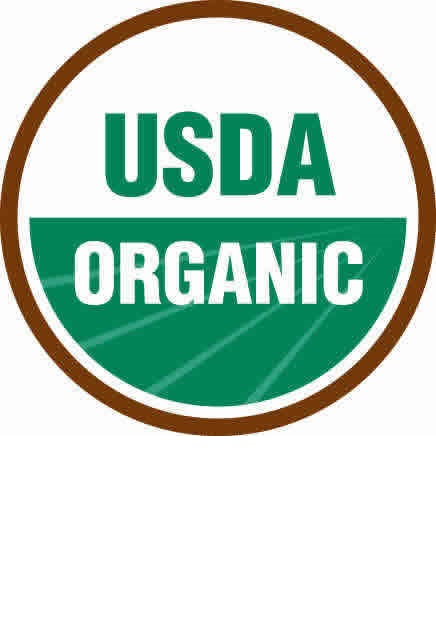 Organic Food Production - March 24, 2004 Jeff Schalau, County Director, Agent, Agriculture & Natural Resources Arizona Cooperative Extension, Yavapai County A few years ago, you had to go to the health food store to buy certified organic food products. Today, most major retail food markets carry some organically produced foods and many have expanded their product lines. Many backyard fruit and vegetable gardeners grow their crops without using pesticides or synthetic fertilizers. However, in order to sell produce labeled as “organic”, a grower must be knowledgeable about policies and procedures governing organic food production. Since October 2002, the United States Department of Agriculture (USDA) has regulated foods products labeled as “organic”. This regulates not only the way foods are grown, but also the way they are handled and processed. Grower, handler, and processor certification must be carried out by an accredited by USDA-accredited certifying agent. Applicants for organic certification must submit an organic system plan. This plan describes (among other things) practices and substances used in production, record keeping procedures, and practices to prevent commingling of organic and non-organic products. On-site inspections are also part of the certification process. Farms and handling operations that sell less than $5,000 per year in organic agricultural products are exempt from certification. Although exempt, these producers and handlers must abide by the national standards for organic products and may label their products as organic. Under the current rules, organic food is produced without using most conventional pesticides; fertilizers made with synthetic ingredients or sewage sludge; bioengineering; or ionizing radiation. Before a product can be labeled "organic," a Government-approved certifier inspects the farm where the food is grown to make sure the farmer is following all the rules necessary to meet USDA organic standards. Companies that handle or process organic food before it gets to your local supermarket or restaurant must also be certified. Fruits, vegetables, and other single ingredient foods (such as meat, eggs, milk, and cheese) that meet the standards may be labeled as organic. Otherwise, a food product must contain at least 95% organically produced ingredients to carry the USDA organic label. Products with between 95 and 70% certified organic ingredients may list that they contain organic ingredients on the front of the package, but cannot display the USDA organic label. Foods with less than 70% organic ingredients may only list organic ingredients on the side label. People who sell or label a product "organic" when they know it does not meet USDA standards can be fined up to $10,000 for each violation. For more information about the USDA National Organic Program, visit the following web site: www.ams.usda.gov/nop/. The above information should give backyard fruit and vegetable gardeners an appreciation of what it really means to be an organic grower. It is not easy. While I strive to minimize the use of pesticides and synthetic fertilizers in my garden and orchard, I am not an organic gardener. In my garden, I use rabbit and chicken manure as a nitrogen source and triple super phosphate (not organic) as a phosphorus source. On my fruit trees, I use ammonium sulfate (not organic again) to supply nitrogen. I don’t use insecticides (except for horticultural oils) or herbicides (I don’t have bermudagrass or field bindweed, otherwise I probably would). In this way, I have sought a balance that I can live with. I urge you to educate yourself about various gardening and pest control practices, and then you can make informed decisions about how you grow food and what you buy at the market. The University of Arizona Cooperative Extension has publications and information on gardening and pest control. If you have other gardening questions, call the Master Gardener line in the Cottonwood office at 646-9113 ext. 14 or E-mail us at mgardener@verdeonline.com and be sure to include your address and phone number. Find past Backyard Gardener columns or submit column ideas at the Backyard Gardener web site: http://cals.arizona.edu/yavapai/anr/hort/byg/. |